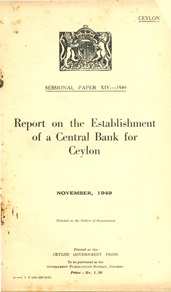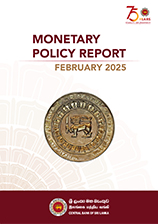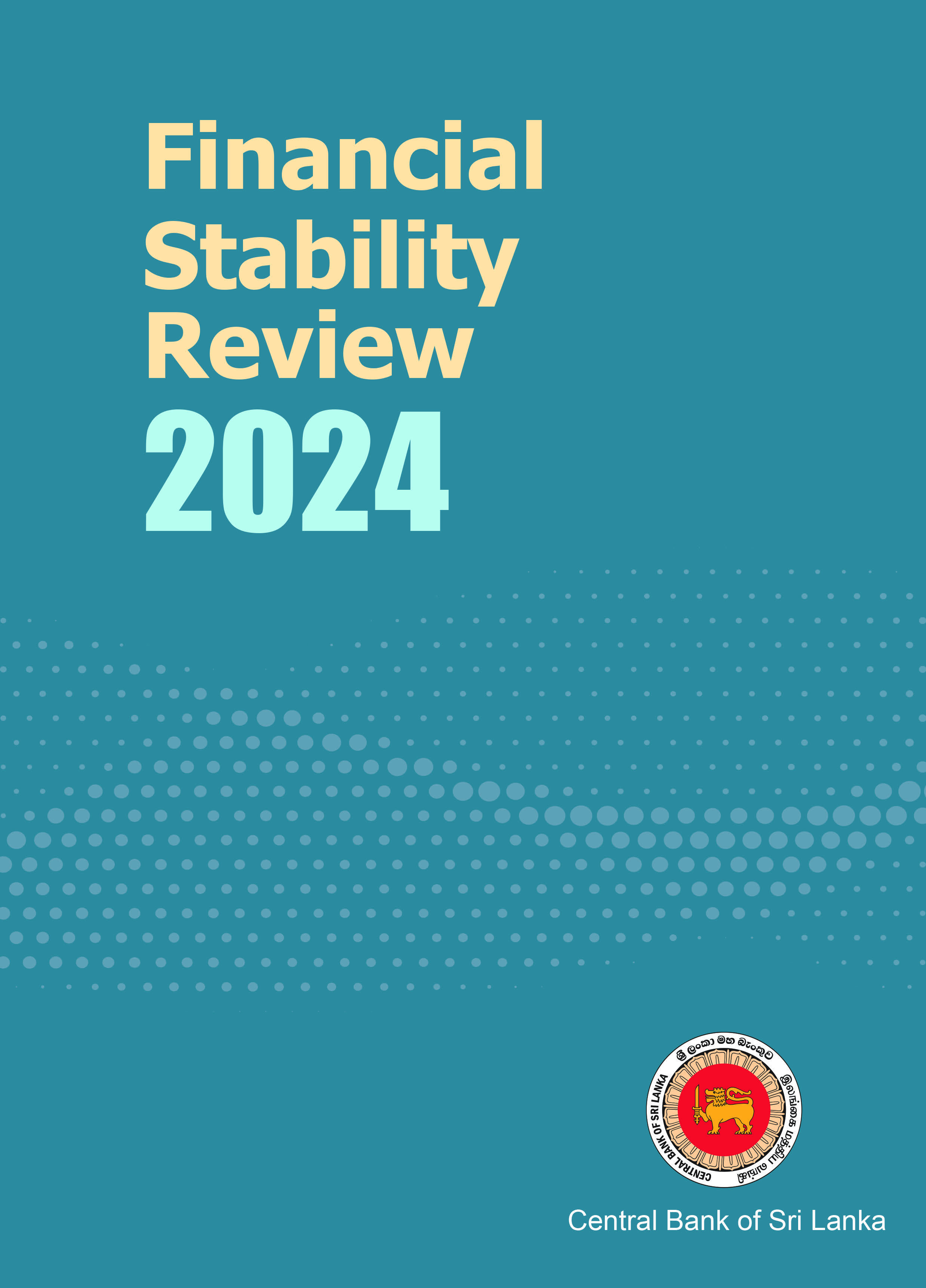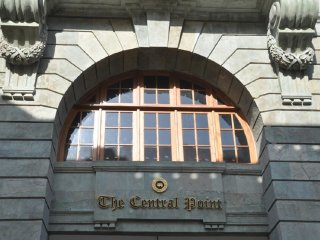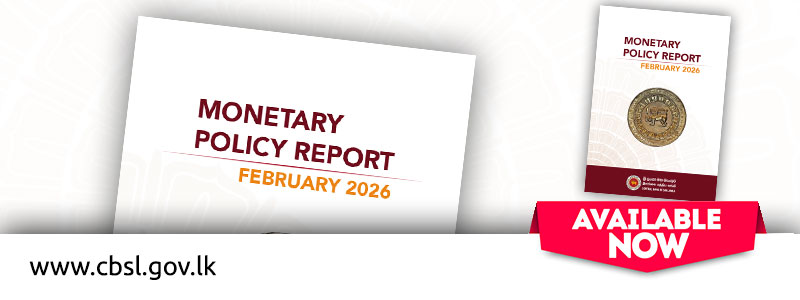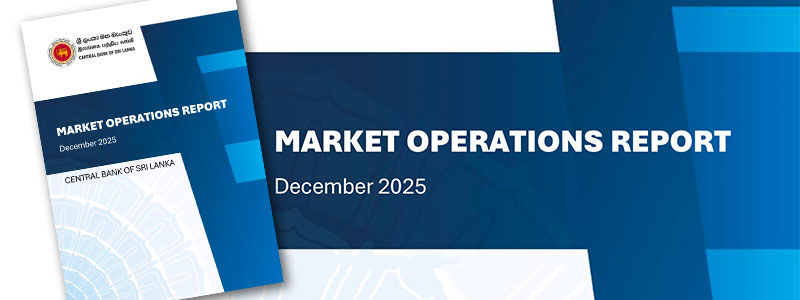The Monetary Board of the Central Bank of Sri Lanka (CBSL) at its meeting held on 28.05.2020, having considered the continuous failure to comply with the Directions applicable to NatWealth Securities Limited (NWSL) as a Primary Dealer, acting in terms of the Regulations made under the Registered Stocks and Securities Ordinance and the Local Treasury Bills Ordinance, has decided to suspend NWSL from carrying on the business and activities of a Primary Dealer for a period of six months with effect from 01.06.2020.







